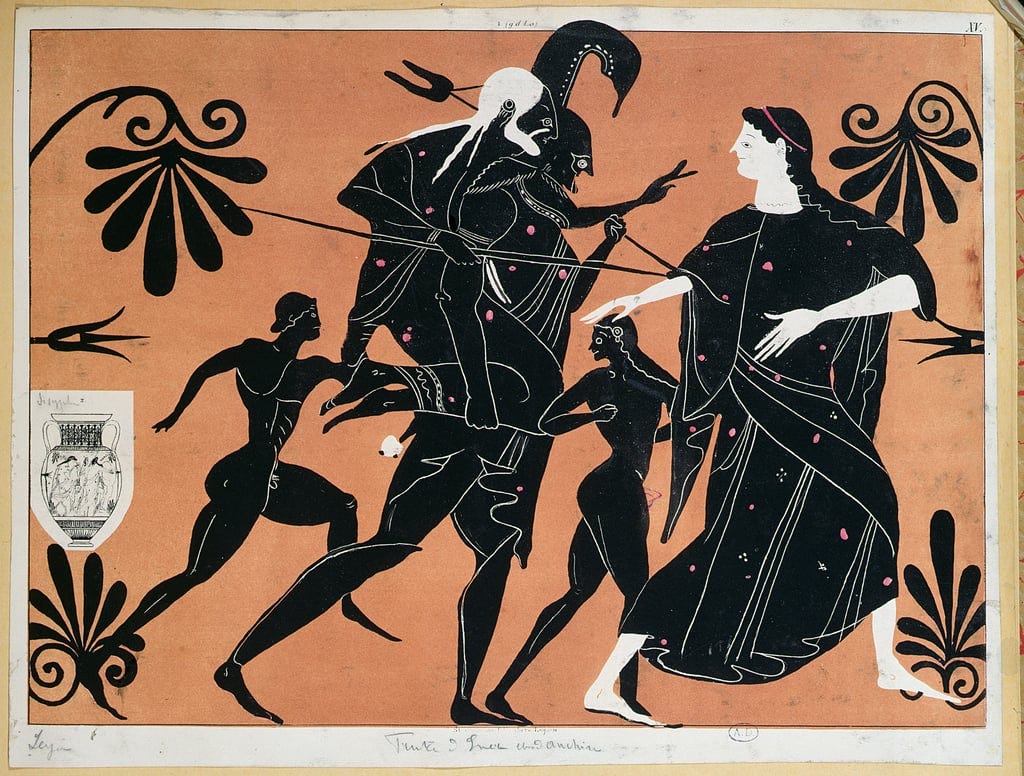In Step 4 we look into the penultimate relationship of Part One’s Respect and Reverence: our parents, relatives and elders, spreading our view of the cosmos wider with the help of ‘the other Hierocles of Alexandria’ who lived 2 centuries before the author of the Golden Verses. Those who are closest to us in kinship are often those with whom we have the more difficult or most acrimonious relationships, but help and advice is to hand.
Keep reading with a 7-day free trial
Subscribe to Caitlín Matthews - A Hallowquest Sanctuary to keep reading this post and get 7 days of free access to the full post archives.





